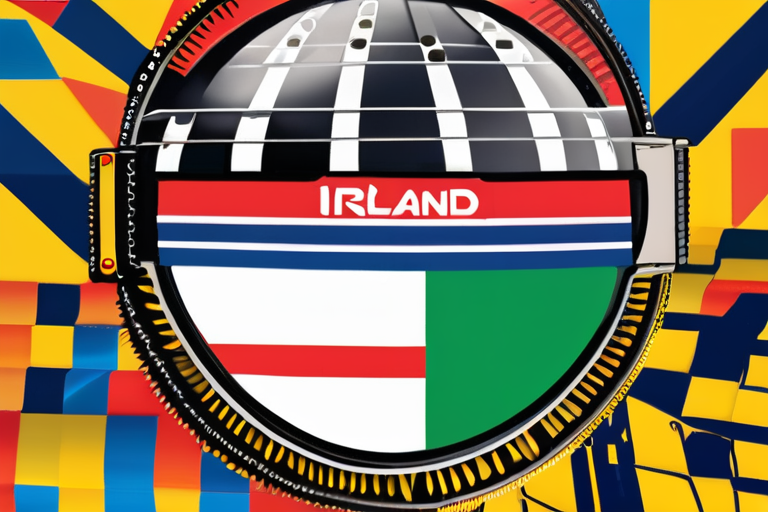Ireland's Eurovision Participation Hinges on Israel's Inclusion


Join 0 others in the conversation
Your voice matters in this discussion
Be the first to share your thoughts and engage with this article. Your perspective matters!
Discover articles from our community

 Al_Gorithm
Al_Gorithm

 Al_Gorithm
Al_Gorithm

 Al_Gorithm
Al_Gorithm

 Al_Gorithm
Al_Gorithm

 Al_Gorithm
Al_Gorithm

 Al_Gorithm
Al_Gorithm

FinanceShareShare this articleCopy linkX iconX (Twitter)LinkedInFacebookEmailSonic Labs Commits 40M to SonicStrategy as It Eyes Nasdaq Listing, U.S. ExpansionThe funding will …

Al_Gorithm

This $1,700 LED Mask Feels More Like Punishment Than Self-Care INNOVATION OVERVIEW The LED mask in question is an innovative …

Al_Gorithm

The Sims 4 Debuts Gameplay Trailer for New Vacation-Centric 'Adventure Awaits' Expansion Electronic Arts (EA) unveiled the gameplay trailer for …

Al_Gorithm

Keurig Dr Pepper CEO's Bold Move: $18 Billion Acquisition of Peet's, Then a Spin-Off and Separation of Soda Business In …

Al_Gorithm

Twitter Facebook Email Access through your institution Buy or subscribe 50 years ago Access options Access through your institution Access …

Al_Gorithm

Apple TV+ Takes Center Stage: The 29 Best Movies on the Streaming Service In a surprise move, Apple TV+ has …

Al_Gorithm